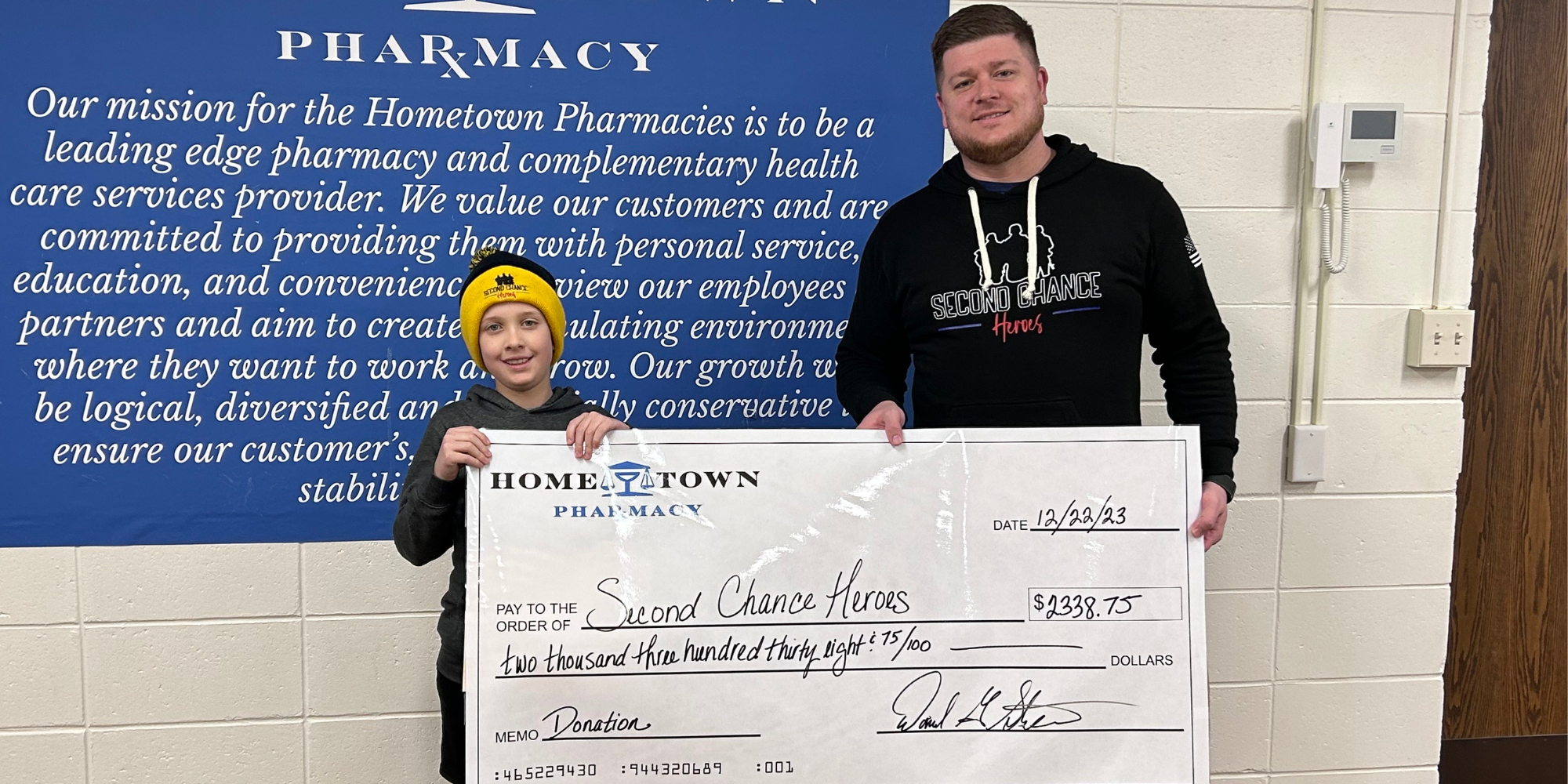

How to Prevent Nutrient Depletion as You Age
As we age, our bodies undergo various changes, including decreased nutrient absorption and an increased risk of chronic illnesses. These changes increase the risk of nutrient deficiencies, which can negatively impact our health and wellbeing. Here are some tips on how to prevent nutrient depletion as you age:

1. Eat a Nutrient-Dense Diet
As we age, our calorie needs decrease, but our nutrient requirements remain the same or even increase. Eating a diet that is rich in nutrients such as fruits, vegetables, lean proteins, whole grains, and healthy fats is essential to avoid nutrient deficiencies.
2. Limit Processed Foods
Processed foods are often low in nutrients and high in calories, sugar, and unhealthy fats. Avoiding processed foods and consuming whole foods can help prevent nutrient depletion and reduce the risk of chronic illnesses.

3. Take Supplements
It can be challenging to get all the necessary nutrients from food alone, especially as we age. Taking a daily multivitamin or supplements for specific nutrients, such as vitamin D, calcium, or B12, can help prevent deficiencies and promote overall health.
4. Stay Hydrated
As we age, our sense of thirst decreases, and we may not realize when we're dehydrated. Staying hydrated by drinking plenty of water or other fluids can help prevent dehydration, which can lead to nutrient depletion.

5. Monitor Medications
Some medications can interfere with the absorption or utilization of nutrients or deplete nutrients. Talk with your pharmacist to determine whether any of your medications pose a risk of nutrient depletion and how to prevent it.
6. Get Regular Health Screenings
Chronic illnesses, such as diabetes or gastrointestinal disorders, can affect nutrient absorption and lead to deficiencies. Getting regular health screenings to monitor these conditions can help identify and prevent nutrient depletion.

In conclusion, preventing nutrient depletion is essential for maintaining good health and wellbeing as we age. By eating a nutrient-dense diet, taking supplements, limiting processed foods, staying hydrated, monitoring medications, and getting regular health screenings, seniors can prevent the risk of nutrient deficiencies and enjoy a healthy and active life.




.jpg?ext=.jpg)



Comments